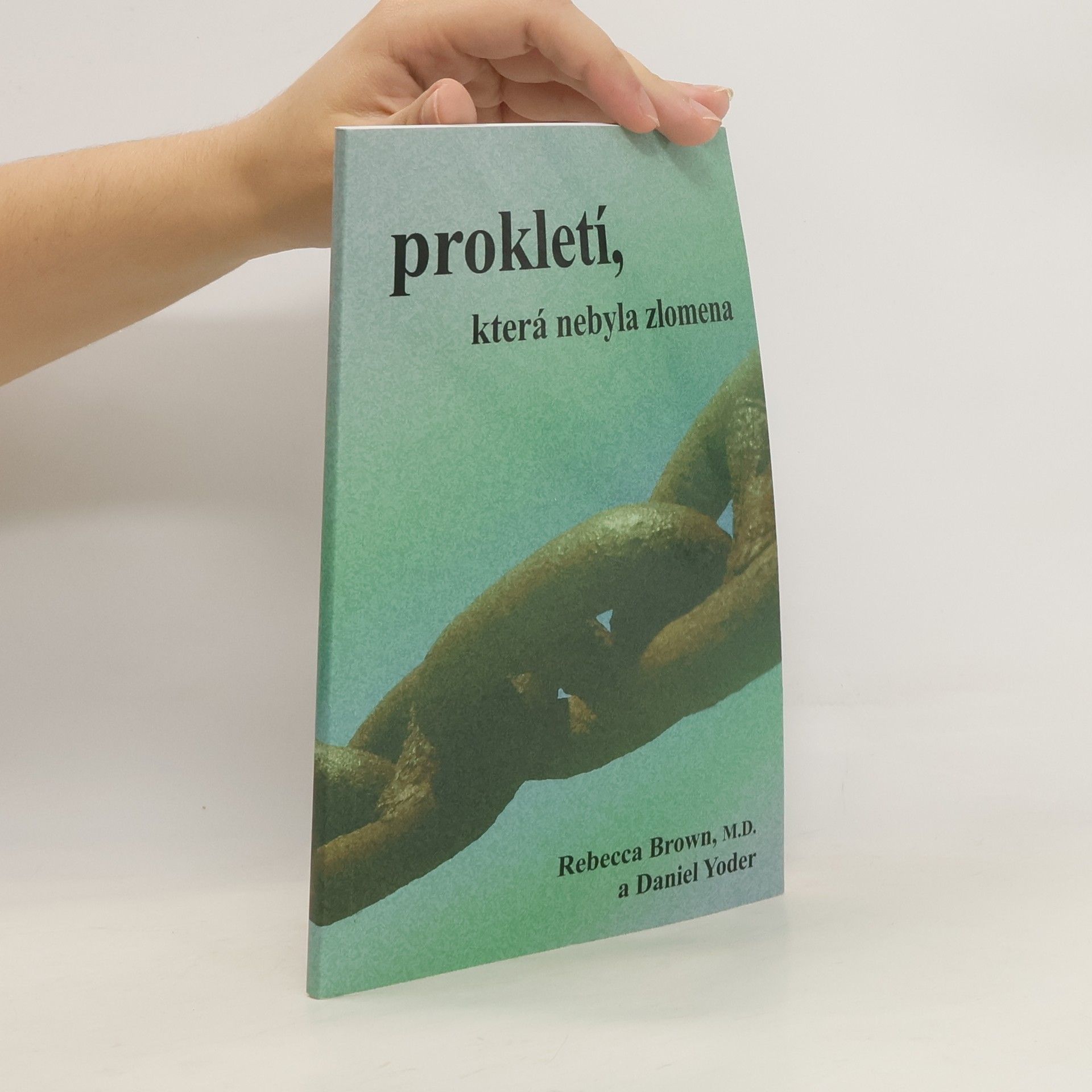Buddy Check!
- 98 Seiten
- 4 Lesestunden
The Namuh tribe offers a charming approach to maintaining connections without the need for conversation, addressing the universal desires for happiness, love, acceptance, and belonging. These endearing, fuzzy characters illustrate the importance of deep connections and staying close to friends while embracing individuality.




